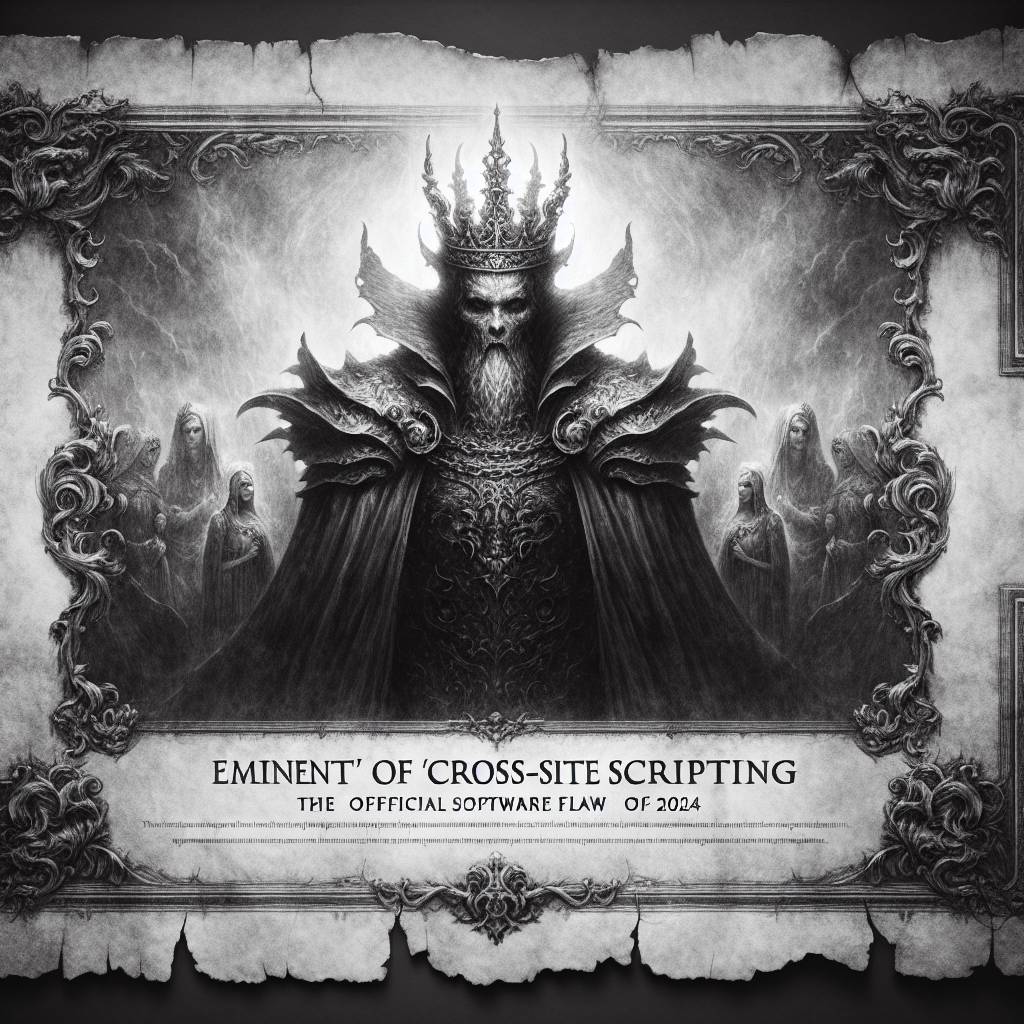Cross-Site Scripting Takes the Crown: The Most Dangerous Software Flaw of 2024!
Cross-site scripting takes the dubious honor as the leading software flaw of the year, dethroning last year’s champ. According to MITRE, these weaknesses are like the bad jokes of coding—they’re easy to find, everyone falls for them, and they always lead to trouble.

Hot Take:
Ah, cross-site scripting, the ‘gift’ that keeps on giving! In the world of cybersecurity, it seems this little gremlin of a flaw is like that one friend who always shows up at parties uninvited and wreaks havoc. Just when we thought we were safe, MITRE reminds us that cross-site scripting is still the most dastardly villain in the software world. Who knew that improper neutralization could cause such chaos? Looks like we need to neutralize cross-site scripting with extreme prejudice—preferably with a formidable firewall and a strong cup of cyber coffee!
Key Points:
- Cross-site scripting (CWE-79) ranked as the most critical software flaw of the past year.
- MITRE’s Top 25 Most Dangerous Software Weaknesses report was released on November 20.
- Out-of-bounds Write (CWE-787) and SQL Injection (CWE-89) also made the top three.
- The report considered flaws listed in the Common Weakness Enumeration (CWEs) catalog.
- MITRE analyzed 31,770 CVEs to rank software weaknesses by severity and frequency.
